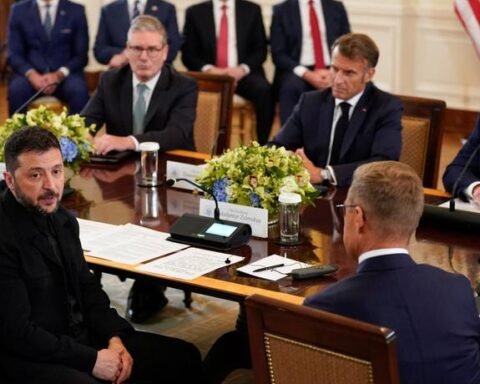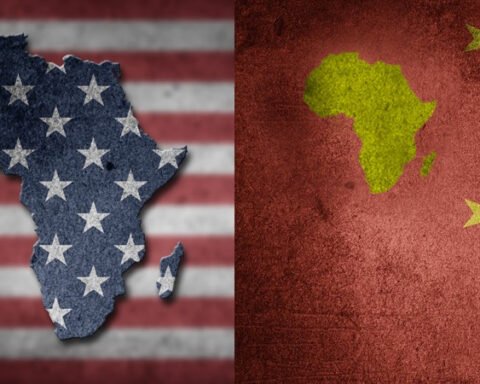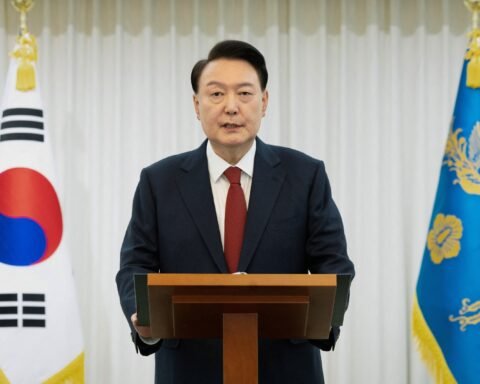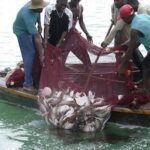Former Nigerian President Olusegun Obasanjo has urged African nations to break away from heavy reliance on the International Monetary Fund (IMF) and the World Bank, warning that these institutions were never created to serve the continent’s best interests.
Speaking at the Intra-Africa Trade Fair (IATF) in Algeria, Obasanjo argued that Africa must focus on strengthening regional trade and integration if it is to achieve sustainable growth. He stressed that the future of the continent lies in building its own economic systems rather than depending on external lenders.
“These institutions were set up before African independence, and they were not designed for us,” Obasanjo said. He recalled a conversation from his days in international forums where he was bluntly told: “We created capitalism for ourselves, not for you.”
Obasanjo used the platform to highlight the opportunities within Africa itself. He cited examples such as Ugandan milk, which is exported abroad for processing only to be re-imported and sold at higher prices, as evidence of the inefficiencies Africa must address. By leveraging initiatives like the African Continental Free Trade Area (AfCFTA), he said, the continent can create its own value chains, keep wealth within Africa, and reduce dependency on outside actors.
Also Read; Macron Grapples With Fresh Political Crisis After Bayrou Resigns
He praised institutions such as Afreximbank and the IATF as important steps toward reshaping Africa’s economic destiny, noting that greater collaboration among African states is crucial for long-term stability and prosperity.
Obasanjo’s remarks revive a decades-long conversation on African self-reliance. In 1980, African leaders adopted the Lagos Plan of Action, which envisioned continental development based on internal resources and reduced reliance on global financial institutions. While the plan faced political and economic challenges, its vision continues to influence debates today.
The AfCFTA now offers a renewed opportunity. By creating a single market of more than 1.4 billion people, it has the potential to boost intra-African trade by eliminating tariffs, harmonizing regulations, and encouraging industrialization. Analysts argue that if fully implemented, it could help transform Africa into a globally competitive economic bloc.
Still, challenges remain. Infrastructure gaps, limited industrial capacity, and political instability continue to slow integration. Experts caution that without strong institutions, corruption control, and consistent policy, even well-intentioned initiatives may falter.
Obasanjo’s warning therefore serves as a reminder: Africa’s economic future will not be dictated from Washington or Brussels—it must be built from within. The question is whether today’s leaders will summon the unity and resolve to make that vision a reality.







